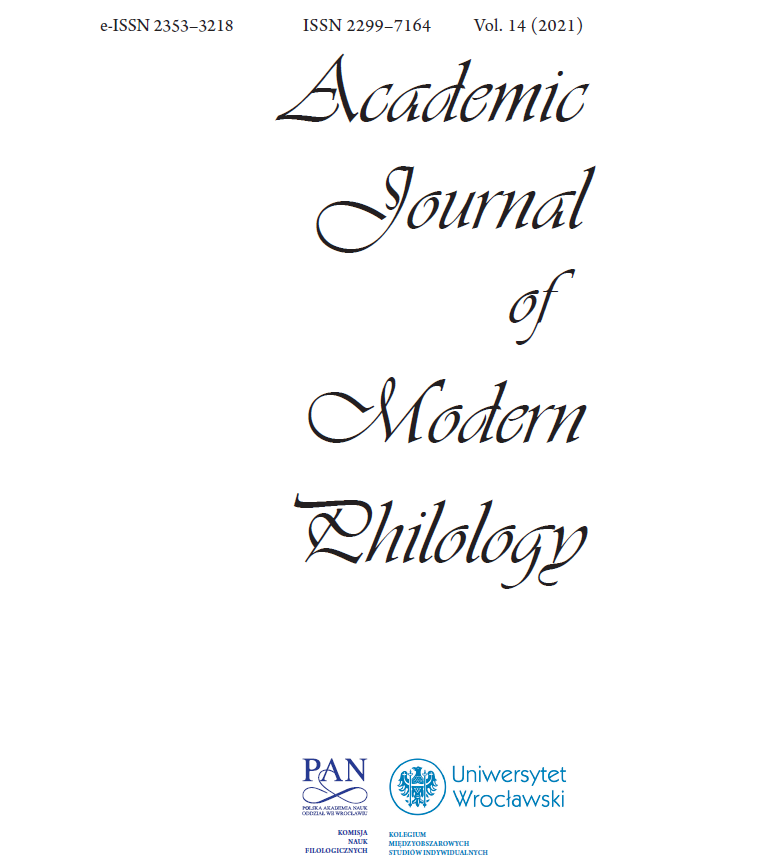Historical Imagination: Interpretation of the Past in Postmodern Novels A History of the World in 10½ Chapters and The Incomplete Manuscript
Historical Imagination: Interpretation of the Past in Postmodern Novels A History of the World in 10½ Chapters and The Incomplete Manuscript
Author(s): Yegane AbdullayevaSubject(s): Language and Literature Studies, Studies of Literature, Philology
Published by: Komisja Nauk Filologicznych Oddziału Polskiej Akademii Nauk we Wrocławiu
Keywords: postmodern novels; historical imagination; irony; reflexion; fiction
Summary/Abstract: This article compares British novelist Julian Barnes’s novel A History of the World in 10½ Chapters with the novel The Incomplete Manuscript by Azerbaijani author Kamal Abdulla. In each novel accepted history is revised, the idea that history is subjective is explored, as well as the fact that history is fiction, and in the process a new alternative history is written. The postmodern liberation strategy of both authors emphasizes history, past revision, history’s subjectivity, as well as the creation of a new alternative history to make history fictitious. The idea of history, catastrophe, error and human foolishness in Barnes’s novel is similar to the ideas of a fictitious, imagined, authenticated reality in Abdulla’s novel. This form of narration in Barnes’s and Abdulla’s novels is concerned with the ironic modes of 20thcentury thinking and the fact that human thinking has cast doubt on our understanding of the world. In Barnes’s novel, history is a catastrophe, an erroneous ghost, while in the novel by Abdulla we find fiction, fabrication, and reality
Journal: Academic Journal of Modern Philology
- Issue Year: 2021
- Issue No: 14
- Page Range: 9-24
- Page Count: 16
- Language: English

